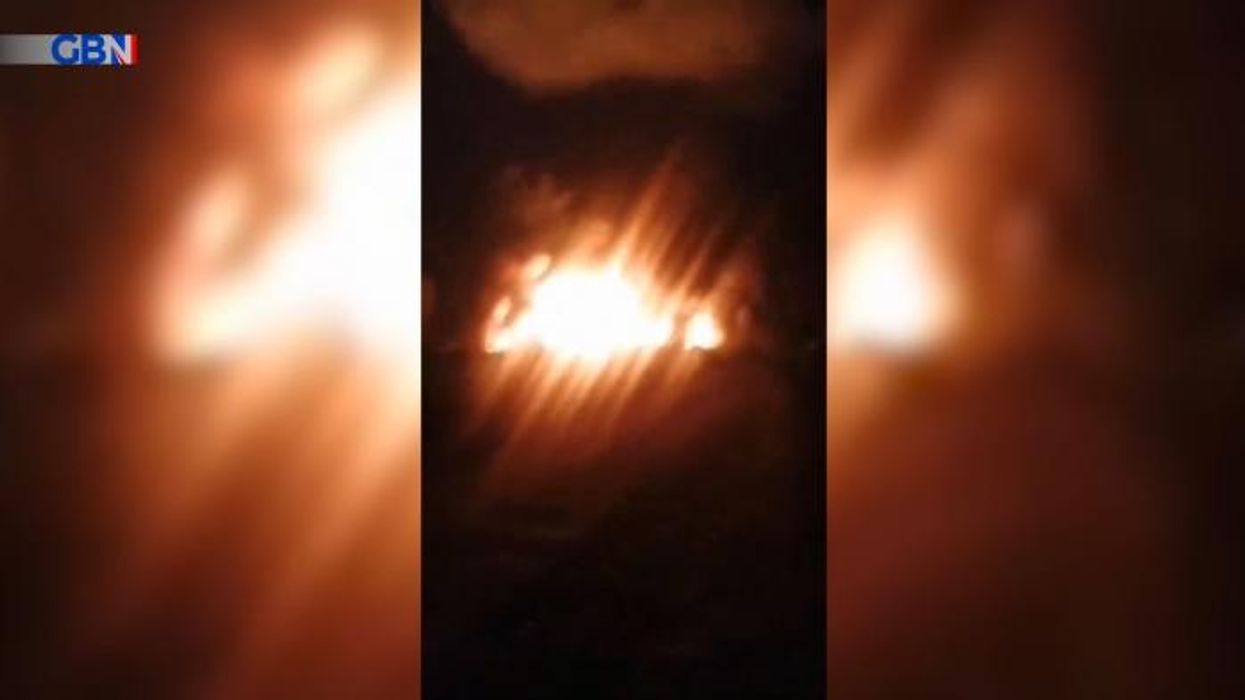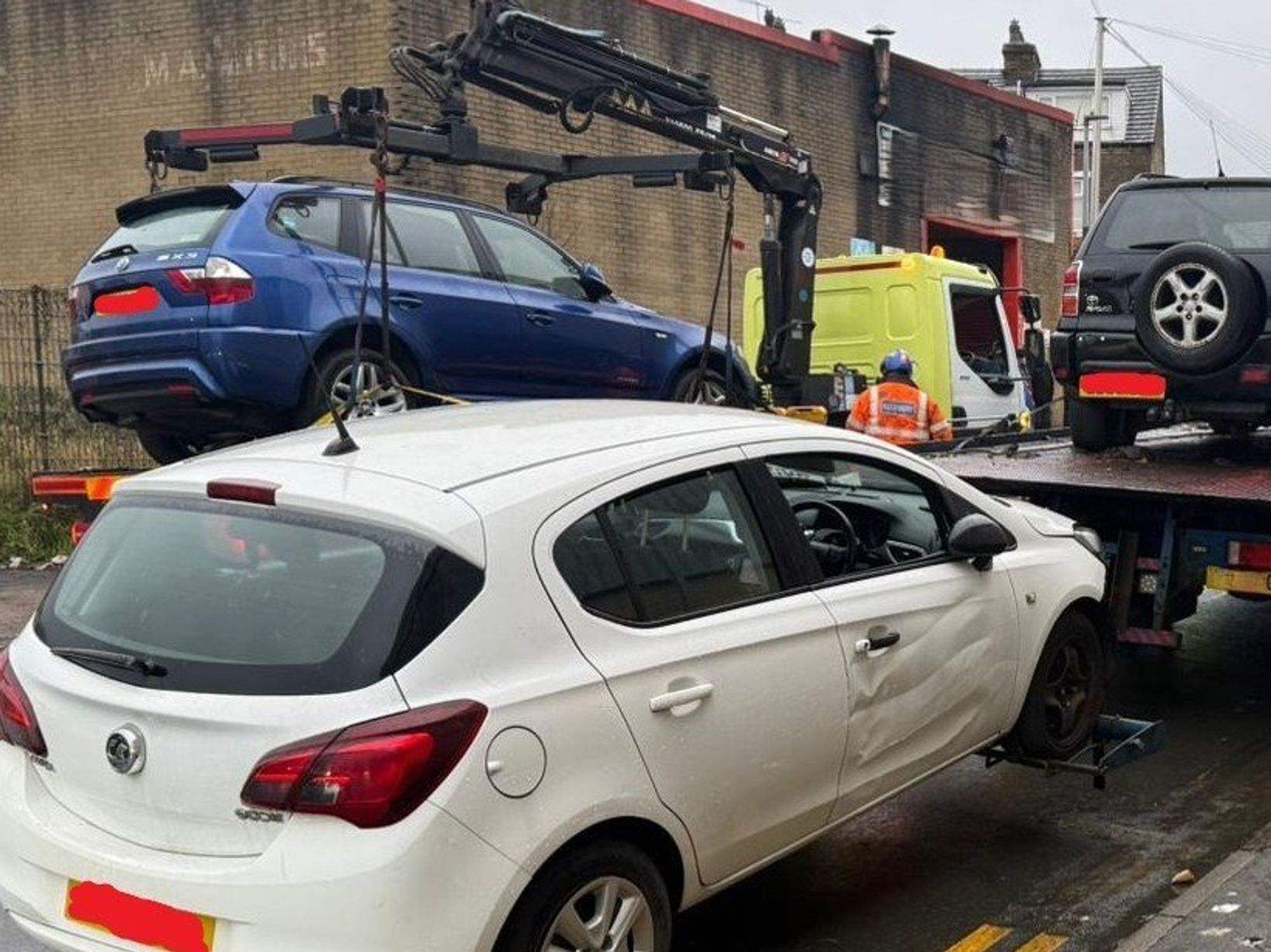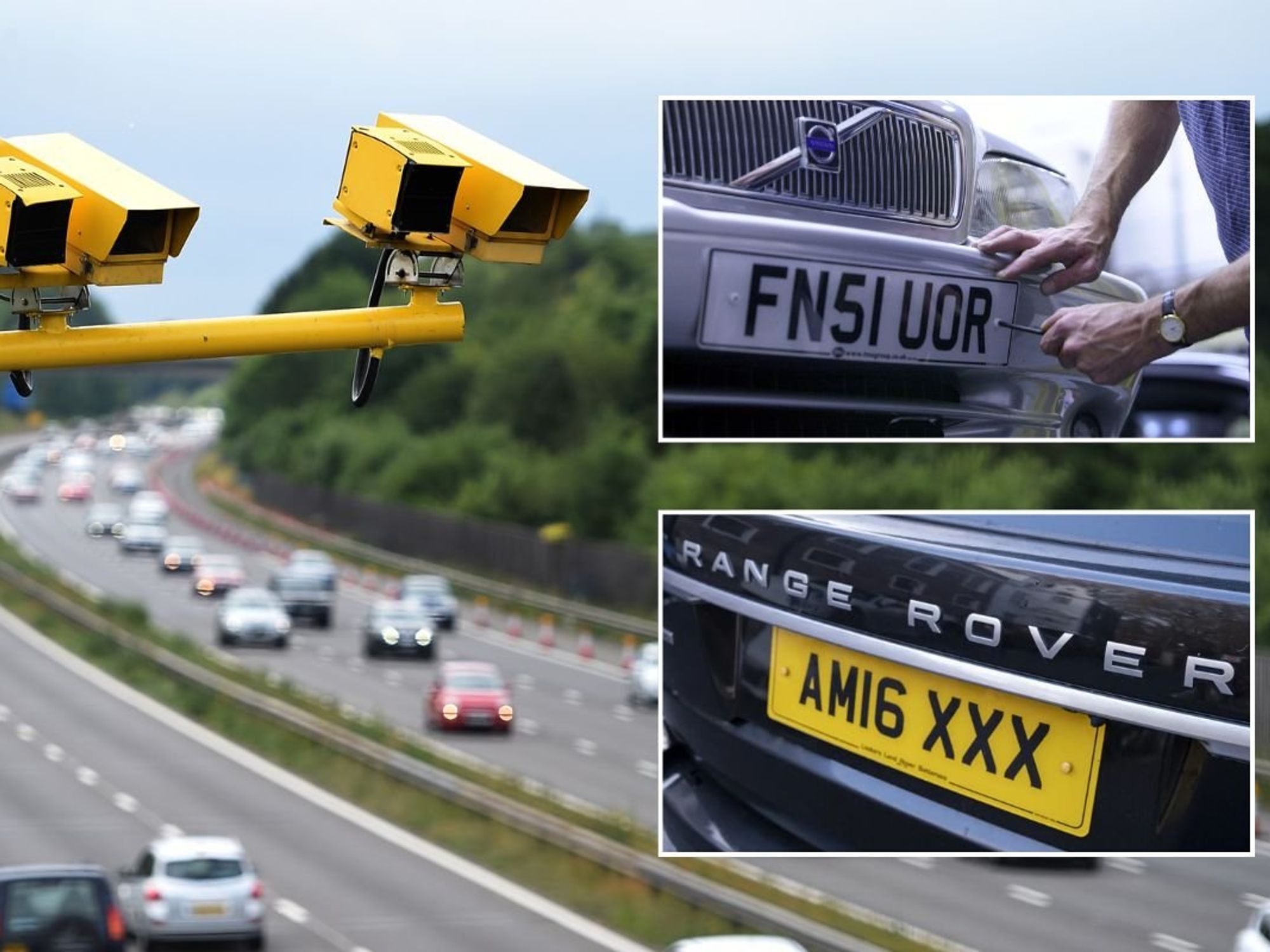REVEALED: Britain's 'below the radar' plan to help Ukraine defeat Putin without sending a single missile

It comes as Russian forces capture village after village in the eastern region of Ukraine
Don't Miss
Most Read
Latest
Britain and its Western allies have been secretly helping Ukraine build an "indigenous long-range strike capability", a top British defence chief has claimed.
It comes as military analysts warn the front line is at risk of collapsing as Russian forces capture village after village in the eastern region.
A significant incursion by Ukrainian forces into Russia's Kursk region has also led to a situation where some of Ukraine's elite troops are engaged away from the main frontline, potentially weakening their defensive posture elsewhere.
This has coincided with Russian forces accelerating their advance, with notable progress in areas like Toretsk and towards key towns such as Pokrovsk, which are vital logistical hubs for Ukraine.
Russia's dogged advances reflect how President Joe Biden's decision to approve the use of US-supplied ATACMS on Russian soil, which subsequently gave Starmer the green light to approve Storm Shadow missiles (which contain American parts), is having little impact on the ground.
According to Air Vice-Marshal Sean Bell, who served 32 years in the RAF and commanded 1 (Fighter) Squadron and the Harrier Force, the "harsh reality" is there's just not enough of these missiles to go around.
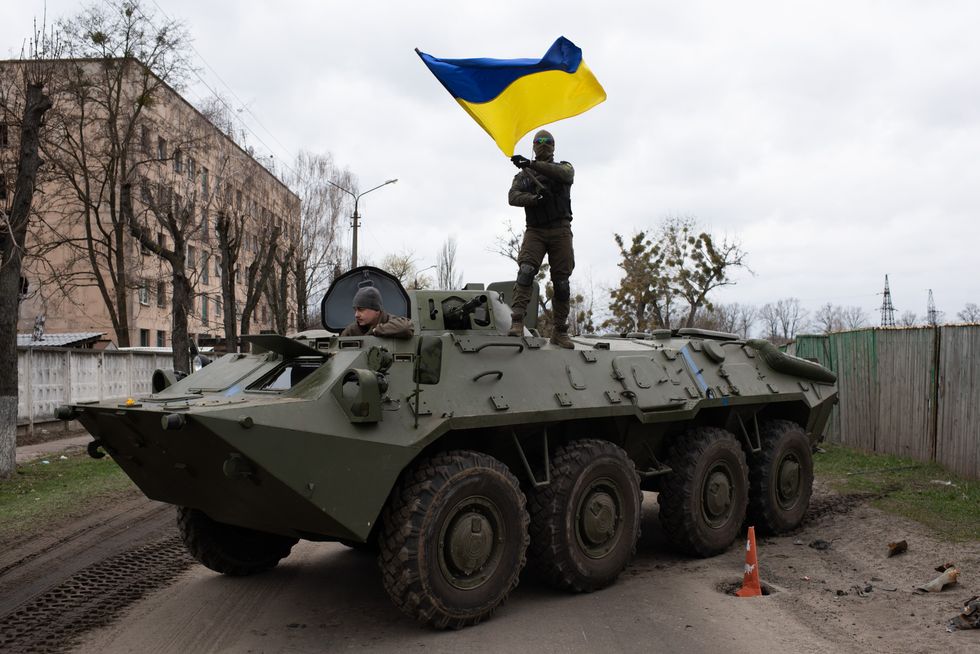
Western support is helping Ukraine to build its own domestic military capabilities
| GettyAs the defence chief explains, supply is not the only choke point - the cost of designing and shipping these weapons is prohibitive.
Managing and testing the missiles is also wrapped in red tape, which can snarl up the entire process.
In wartime, however, many of these safety checks are bypassed, Bell tells GB News.
He explained: "If you're Ukraine, you're not that worried about how safe they [the missiles] are. You're not that worried about whether they all hit their target. You're just worried about volume and getting these things going."
Given that the clock is ticking, Ukraine needs to strike Russia, and it cannot depend on the West's dwindling supply of weapons to do it.
Fortunately, Britain and its allies have a workaround for Ukraine.
"Below the radar, there's been a lot of help providing Ukraine securing an indigenous long-range strike capability," he claimed.
Bell cites Ukraine's home-grown ballistic missiles programme, which has got off the ground with "Western components".
President Volodymyr Zelensky announced in August 2024 that Ukraine successfully tested its first domestically-produced ballistic missile.
"I don't suppose they'll be building many of those. But in terms of striking Russia well behind the front line, over the last few months, we've been seeing a significant increase in the number of attacks that Ukraine has successfully conducted," the ex-RAF pilot explained.
LATEST MEMBERSHIP DEVELOPMENTS
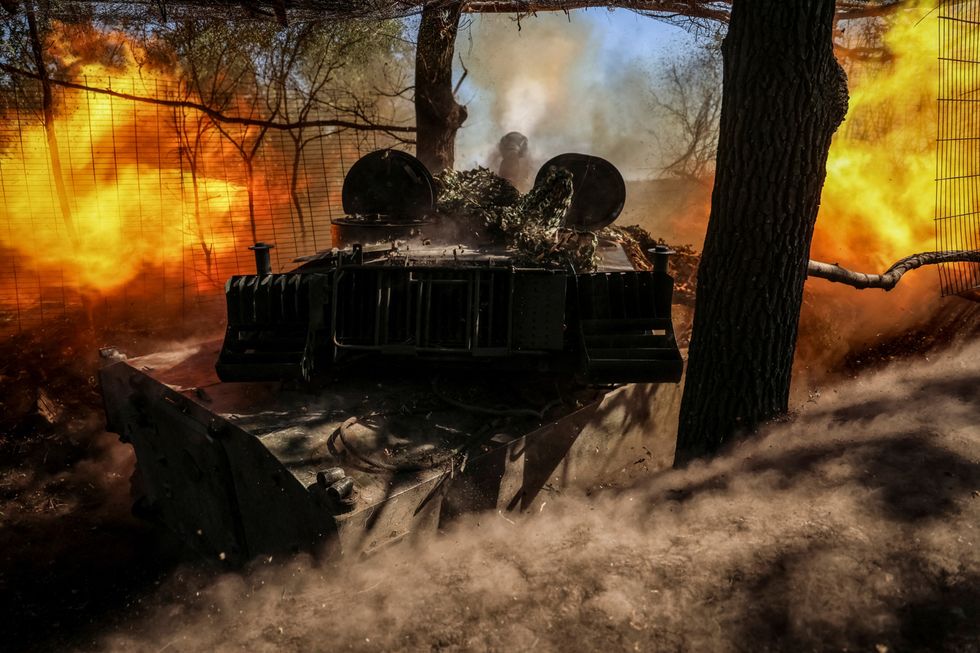
Military analysts warn the front line is at risk of collapsing
| REUTERSAnother example is Ukraine's ramped-up drone manufacturing capacity. By 2024, it was reported that Ukraine could produce up to four million drones annually, a substantial increase from virtually non-existent production before the invasion in February 2022.
This includes both reconnaissance and attack drones, with a focus on first-person view (FPV) drones for tactical operations.
The scope and reach of these drones have also expanded, allowing Ukraine to target infrastructure and military bases deep inside Russia.
This souped-up capability owes in part to the Ukrainian government, along with private companies and even civilians, all of which are heavily involved in drone production.
However, as military analyst Bell explains, Ukraine has received international backing, with countries like the UK committing funds to help manufacture drones.
This support boosts production and introduces foreign technologies and expertise into Ukraine's drone industry.
In response to a request for comment, the Ministry of Defence told GB News: “The UK’s support for Ukraine is ironclad and will continue for as long as it takes. To date, we have supplied thousands of attack and surveillance drones worth more than £500m – with a further £7.5m announced for the drone coalition co-led by the UK and Latvia just this week.
“We remain in daily contact with Ukraine to better understand the most urgent requirements of its Armed Forces.”


